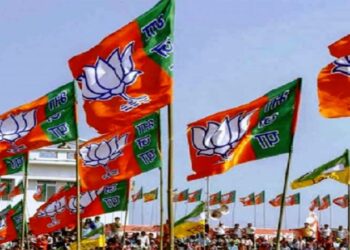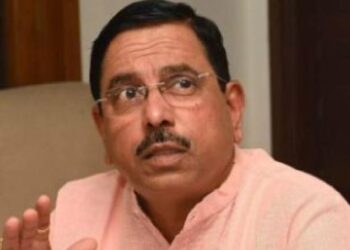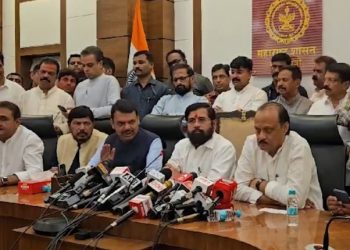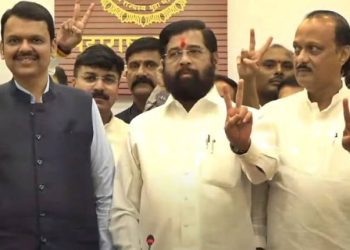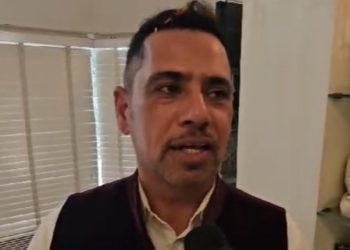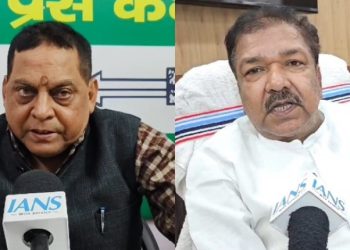New Delhi: The Rajya Sabha on Wednesday passed the Constitution (Schedule Castes and Scheduled Tribes) Orders (Amendment) Bill 2022. The Bill seeks to amend the Constitution (Scheduled Castes) Order, 1950 to omit ‘Bhogta’ community from the list of Scheduled Castes in relation to Jharkhand and the Constitution (Scheduled Tribes) Order, 1950 for inclusion of certain communities in the lists of Scheduled Tribes in relation to the State.
Replying to the debate on this Bill, Tribal Affairs Minister Arjun Munda expressed gratitude to all Members for supporting this Bill and said that while some expressed concerns that some of the tribes in their states have not been listed yet in the Schedule Tribe (ST) lists. “We will bring such amendments related to more states in the House. We have done (such amendments for) Arunachal Pradesh and Karnataka. Now, it is being done in the case of Uttar Pradesh, Tripura and Jharkhand. We are doing research on Odisha. We have completed the work in Chhattisgarh, but we are working on some observations given on that by the Law Ministry,” Munda said.
Briefing the Upper House, Munda said that for the first time the areas of the ST were identified way back in 1935 under the Commission known as Baba Thakkar Committee and after that in 1965, the government constituted the Lokur Committee to look into criteria for defining Schedule Tribes.
The Committee recommended five criteria for identification, namely, primitive traits, distinct culture, geographical isolation, shyness of contact with the community at large, and backwardness.
The Minister further said that the government has taken many steps to improve the conditions of the tribes in the country under the leadership of Prime Minister Narendra Modi and this has led to qualitative changes in the lives of the tribal people in the country.
“Now the people are talking about the ‘Eklavya Schools’ in the tribal areas. In 2013-14, the number of these Eklavya Schools were 167 and now the 679 such schools have been sanctioned so far. The Members of the Parliament are requesting the government to set up these schools in their tribal areas,” Munda informed the House.
He also said that the total number of functional Eklavya schools has gone up to 367 from 119 and now these schools are being built at block levels too. These schools were earlier built at the district levels but after the demand rose high in the tribal areas, these have been getting built at block level seeing the numbers of the tribal students.
The Minister also said that these are the residential schools and that they provide qualitative education to tribal children free of cost. The Centre is providing scholarships to over 30 lakh students through the direct benefit transfer with a less contribution from the state such as 90:25 or 90:10 ratio in case of the north east states.
The Government has been trying to improve the quality of the life of the tribal population and under the central government’s flagship programme’s benefits have been given to these communities too.
“Under the Jal Jeevan Mission, over 1.28 lakh tribal families have been given tap water connection, over 1.45 crore houses have been given toilets, Ayushman Bharat health cards and other benefits have been given to the tribal community,” Munda informed the House.
The Minister also said that under the ‘tribal blocks’, Industrial Training Institutes (ITIs) and women ITIs have been set up.
(IANS)



